Role of B Vitamins
Thiamine (Vitamin B1)
Vitamin B1 supports the adrenal functions and regulates the activities of the nervous system. It also plays a key role in nerve transmission and supports the metabolism of carbohydrates to release energy.
Vitamin B1 deficiency, commonly referenced to as Beriberi, can cause symptoms like loss of appetite, pain in the legs, shortness of breath, weakness, and swollen legs.
The best food sources of thiamine are fish, chicken, sunflower seeds, grass-fed meats, black seeds, dark green vegetable, and black beans.
The best form of supplemental vitamin B1 is thiamine pyrophosphate (TPP) or thiamine diphosphate – both are active forms.
Riboflavin (Vitamin B2)
Vitamin B2 supports metabolic functions. It plays an essential role in recycling glutathione, which is the body’s own natural antioxidant.
The common symptoms of vitamin B2 deficiency include redness and swelling of the inner lining of the mouth, sore throat, sores on the lips, cracks at the corners of the mouth, and redness of the tongue.
The best food sources of this nutrient include almonds, grass-fed raw cheese, beef, salmon, and dark green vegetable.
Niacin (Vitamin B3)
Vitamin B3 is essential for energy production. It also helps in the conversion of fats, proteins, and carbohydrates for energy. Niacin is also needed for the synthesis of starch to be stored in the muscles and liver for later use as a secondary source of energy.
The symptoms of deficiency include redness of the skin, dementia, diarrhea, and sores in the mouth.
The best food sources of this nutrient are tuna, salmon, chicken, turkey, and grass-fed beef.
Pantothenic Acid (Vitamin B5)
Vitamin B5 supports the activities of a molecule called coenzyme A that is essential for the conversion of fats, carbs, and protein into energy. Vitamin B5 also helps in maintaining hormonal balance and protects the skin against the signs of aging.
The symptoms of vitamin B5 deficiency include fatigue, insomnia, irritability, depression, vomiting, burning sensation in feet, and recurrent upper respiratory infections.
The best food sources of vitamin B5 are eggs, avocados, cabbage, and mushrooms.
The best form of supplemental vitamin B5 is D-pantothenic acid.
Pyridoxine (Vitamin B6)
Vitamin B6 helps in balancing the levels of sodium and potassium in the blood. It supports the production of red blood cells and regulates the hormonal balance in women.
The deficiency of this nutrient may lead to nerve pain, anaemia, skin problems, sores in the mouth, fatigue, anxiety, tongue soreness, depression, and brain degeneration.
The best food sources of vitamin B6 are tuna, salmon, chicken, and chickpeas.
The best active form of supplemental vitamin B6 is pyridoxal-5’phosphate (P5P).
Biotin (Vitamin B7)
Vitamin B7 is critical for maintaining adrenal functions, promoting metabolic processes, and regulating the activities of the nervous system.
The common signs of biotin deficiency include scaly red rash in the face, depression, hair loss, lethargy, hallucination, and numbness and tingling in the legs.
The best food sources of this nutrient include fish, nuts, seeds, and eggs.
Folate (Vitamin B9)
Vitamin B9 primarily supports digestive functions. The deficiency of this nutrient may result in intestinal disorders. The best sources of folate are asparagus, broccoli, avocados, spinach, and eggs.
The best active form of supplemental vitamin B12 is methylcobalamin.
Vitamin B12
Vitamin B12 supports nerve functions, cardiovascular functions, blood cell formation, and sleep. The deficiency of vitamin B12 would lead to neuralgias and sleep issues.
Some of the best sources of vitamin B12 include fish, beef, poultry, and eggs.
Now that we have learned the functions of B vitamins indicating why they are so important for our health, let us move further to check the common causes of deficiency of these nutrients.
The best active form of supplemental vitamin B12 is methylcobalamin.


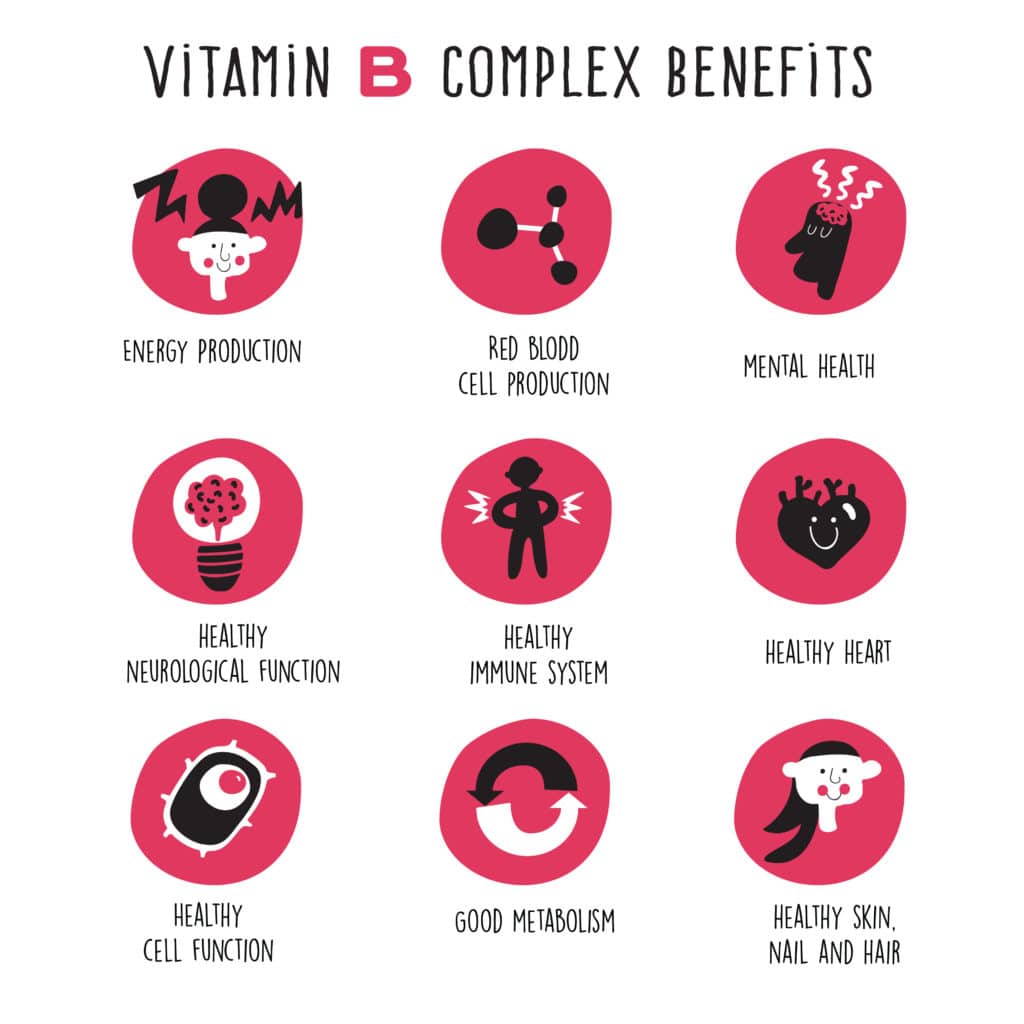


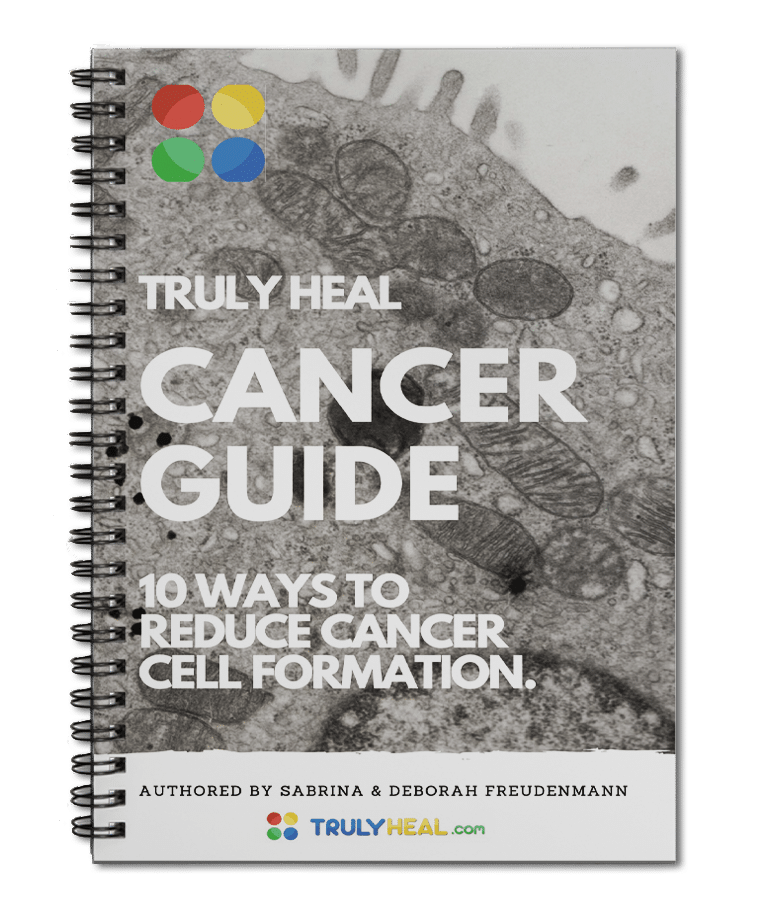
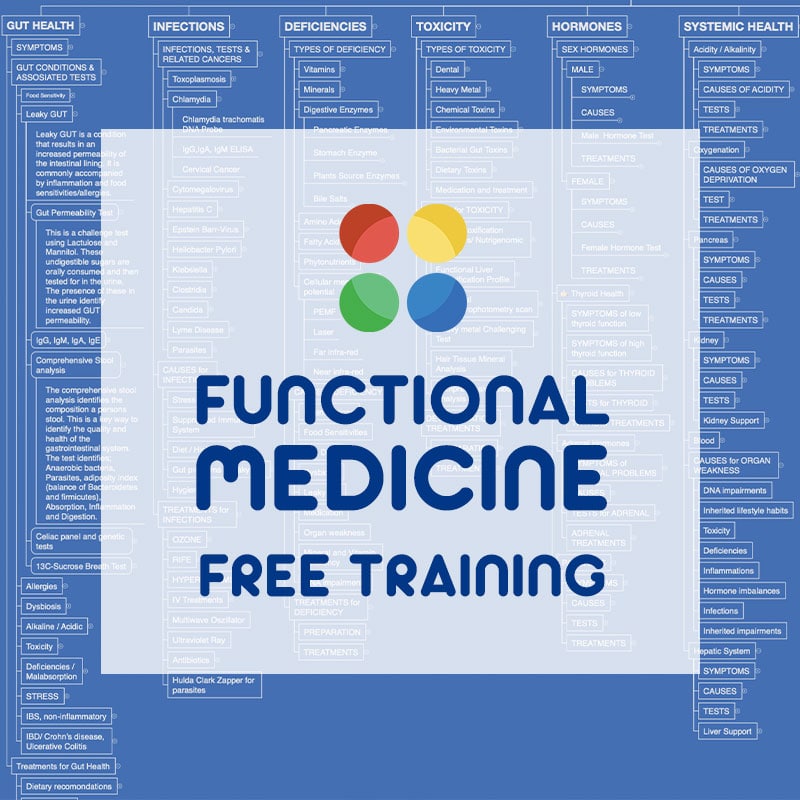


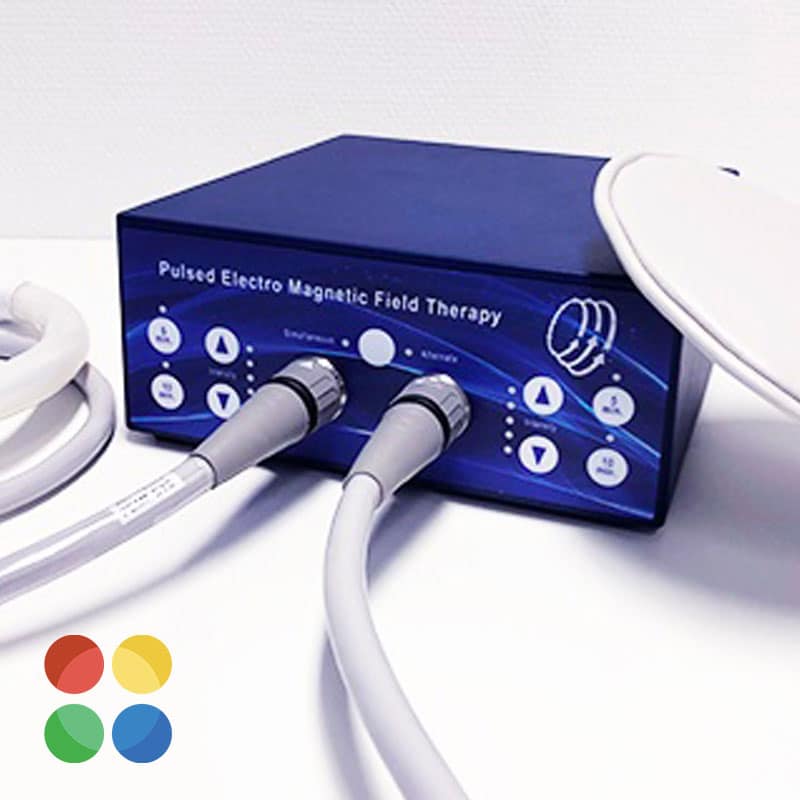




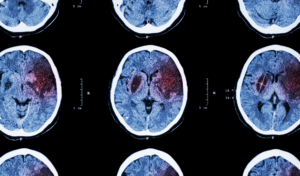
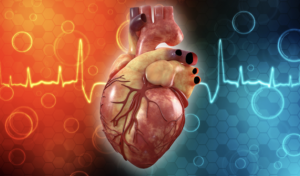


6 Responses
The starting point are the body’s own active ingredients that are responsible for life support and the aging process. Many of these vital endogenous substances decrease continuously with age. Therefore, the supply of these essential substances is considered sensible. Currently, the scientific work of Prof. Dr. David Sinclair and his team from Harvard Medical School are promising. His research results too NMN nicotinamide mononucleotide and NAD +A SUPER B3 !
Hi, I noticed that the last line for B9 was incorrect
dementia and alzheimer disease has been misdiagnosed Instead B12 is needed
alzheimer Dementia have been misdiagnosed Instead it is a B12 deficiency I knew a naturopath who suffered because she did not supplement her vegan diet with B12, she had to have B12 shots
Thanks Deborah a comprehensive article.
I recently watched a video with a distinguished doctor from Washington Uni.
The Video was about Prostate Cancer and Breast Cancer, but he mentioned that B12 was the most important vitamin to take.
From your article it looks like they are all important.
What is your opinion
Hello David, Thank you for your feedback. Yes, I definitely think that all B vitamins are important – not to mention they actually work better synergistically rather than isolating one component (unless of course there is a specific need/condition or deficiency requiring a isolated B vitamin in higher dosage). Hope this answers your question.